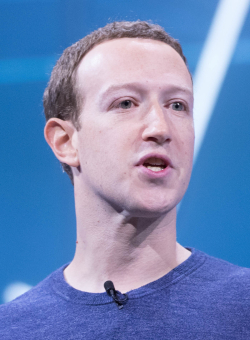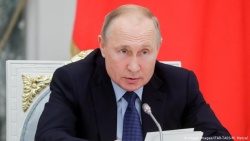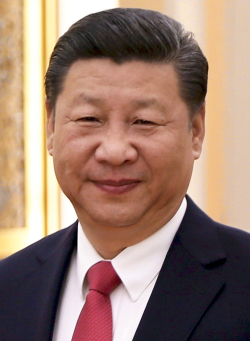
That’s what Northwestern’s Medill School taught me, when I was getting my Master’s in Journalism back in 1978. (That's also when this picture was taken.)
This was reinforced during our school trip from Chicago to the media capital of New York. I literally sat at the feet of William Shawn, then still editor of The New Yorker. We were paraded through the offices of Time. We sat for a spell at the Top of the Week, a bar on top of Newsweek’s headquarters building. The lesson was that someday all this would be ours if we were just loyal to our employers.
I’m the last member of my graduating class still be working a beat because I didn’t believe a word of it. Credibility is a personal value, I argued. It’s not something that can be granted, like a knighthood.
But American media companies remain wedded to the idea of credibility as a corporate value. It’s why so few are international in scope. That’s because credibility, in media, is mediated. It’s a continuing negotiation among media companies, their audience, and government. It’s a balancing act.

Social media companies don’t see themselves as media. They don’t produce their own content. Under Section 230 of the Communications Decency Act, passed soon after the Web was spun, they’re held harmless for what users say. They argue that you can’t have an open Internet if bad actors can destroy a publisher’s business by lying.
This doesn’t apply globally. Like the First Amendment, Section 230 is a local ordinance. If a dictator tells Facebook to bend to the censor or face expulsion, Facebook will censor. It learned that lesson with China a decade ago. The same is true for Google and the other Cloud Czars. You do what the local government allows if you want to stay in the country.
This gives dictators a global advantage in social media. It’s not just a defensive advantage but, as we’ve seen over the last five years, it’s an offensive one. Putin and Xi can keep out truth, but they can also spread lies where democracy rules. They can take advantage of both the slow speed of democratic legal proceedings, and the natural unwillingness of Internet companies to deal with issues of credibility.
Credibility doesn’t scale. It can’t be created by an algorithm. It can only be mediated by people, who are fallible. Or, if a dictator believes themselves the only arbiter of truth, it can be imposed.
There’s still media in New York playing by the pre-Internet rules. They remain horrified by this truth. That doesn’t make it less true. Truth, like science, can’t be binary. Everything must be open to interpretation, to argument. That’s why America dominates the tech market. It’s why we dominate every creative market.

Those who would make America a dictatorship and destroy what has made us the world’s economic leader, also carry the dictator’s advantage. That’s the great issue of our time. It’s something the Cloud Czars must reckon with. They can’t let this be a discussion only for New York media.
If Cloud Czars continue to be absent from this discussion of truth and credibility, then the Internet will be run out of New York, not Silicon Valley, with Rupert Murdoch and Jeff Zucker defining what is true, and Congress deciding which stories can be told.










